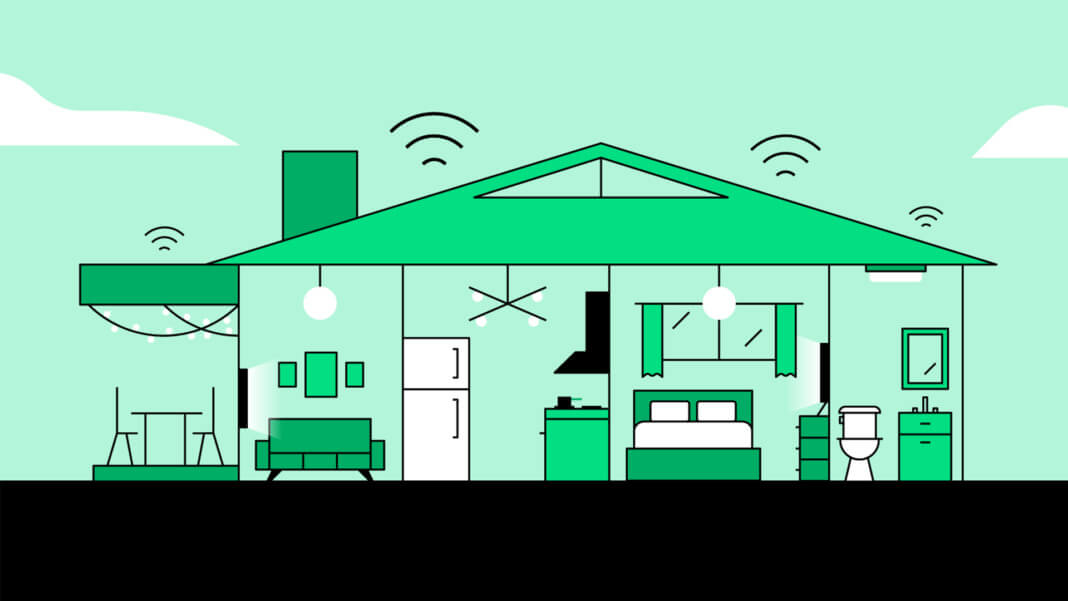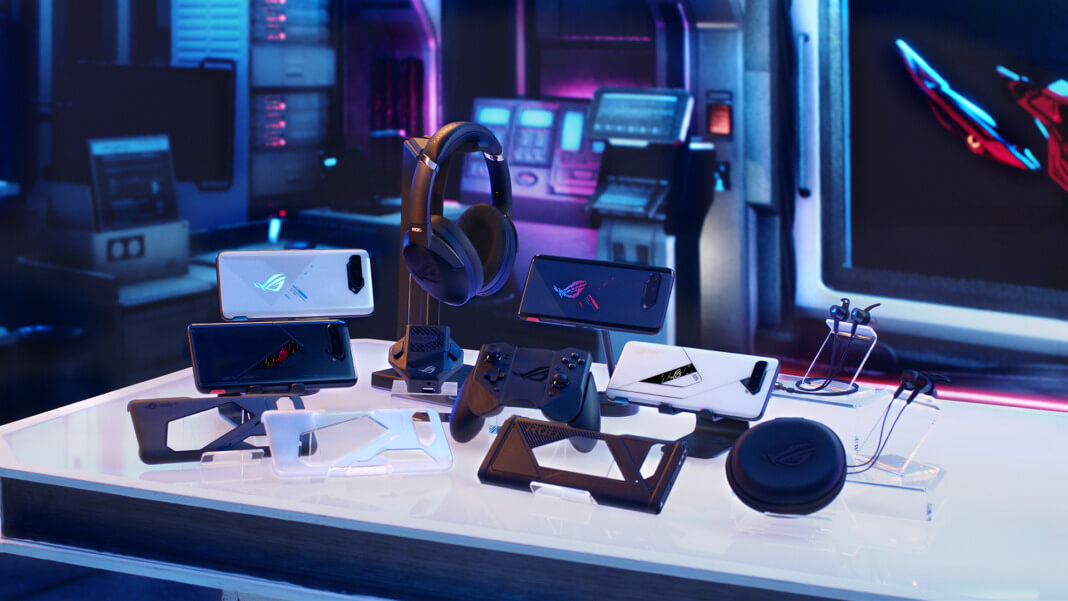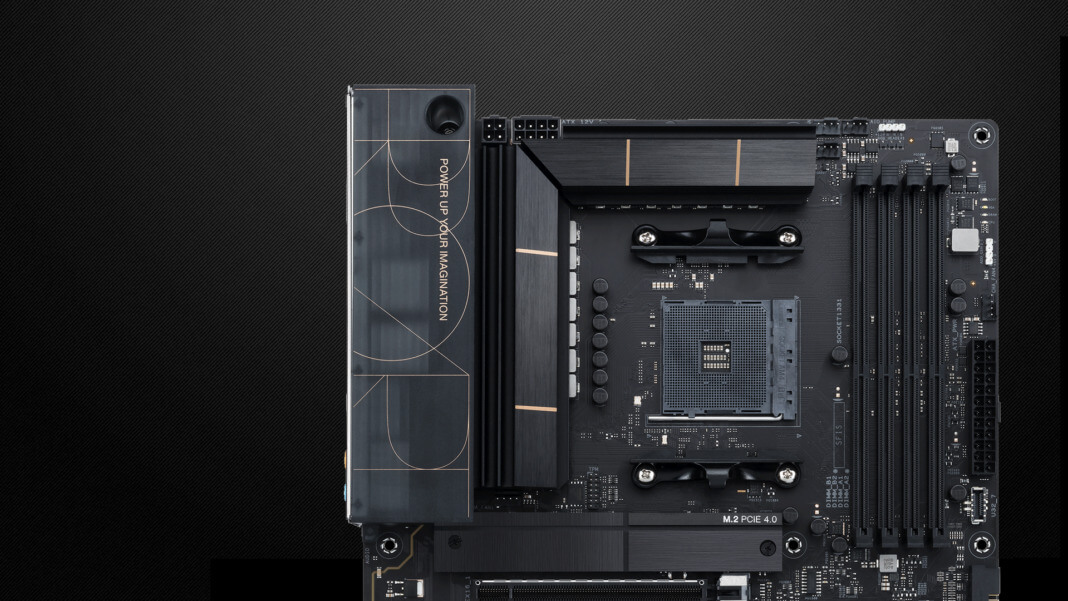Smart homes, or homes that come fully integrated with technology that works together, might have been a pipe dream just 30 or 40 years ago. But thanks to recent advances in the industry, smart home devices are not only a reality, they are actually accessible for the everyday homeowner.
If you take a look at the current home technology trends, you can see this industry already starting to take hold. According to MediaPost, over 69% of homes in the United States already have at least one smart home device installed. And that shows no sign of slowing down anytime soon. Statista estimates that there will be a 10% growth in the number of smart homes across the nation within the next year. And given that there are already 52.2 million smart homes in use, a 10% growth means that by the end of 2021 there will likely be at least 57.4 million smart homes across the country.
In order to find out just how smart the homes of the future will be, the team at Hippo took a look at some of the biggest trends in the home technology industry.
The biggest digital home trends
There are a plethora of companies trying to get into the digital home space. And it’s not hard to see why, given just how big this industry is and is poised to become over the next several years. So with plenty of competition, consumers can be pretty selective about the companies and products they choose to get behind.
Because of this, companies of all kinds have been tuned into consumers’ requests for smarter, more streamlined technology that helps them meet their goals. And from having a cleaner home to making working from home simpler, homeowners have a lot of requirements for their smart homes. Check out some of the biggest trends new devices will be focusing on in the years to come.
Interconnected homes
What’s the point of having a lot of smart home devices if they can’t work together? While interconnectivity wasn’t an initial concern for most homeowners, now that the industry has evolved, it’s become a standard request. Homeowners want to be able to tell their smart speaker to turn off their oven or use their smartphone to remotely lock their doors, and companies are listening.
One of the best ways to ensure your home is fully connected is to purchase smart home devices of the same brand, as they will work together much easier. This is becoming commonplace in new builds as well, as homes will come pre-installed with devices of the buyers choosing (for a price).
Prioritizing health
The COVID-19 pandemic has changed a lot about homeowners daily lives as well as their priorities. Many workers, parents and students went from spending a majority of their time outside their home to practically never leaving. Meaning they are expecting their homes to do a lot more for them than they used too.
While other trends like office setups and mesh wifi have taken hold because of this pandemic as well, the biggest trend that came from COVID-19 is the prioritization of health. With masks, social distancing ordinances and eventual vaccines, consumers are putting their health first and expect their homes to do the same.
Though this need is a more recent need, smart home technology is more than up to the task. Technology like air filters, touchless appliances, humidity sensors and robot vacuums have been around for quite some time and are designed to make the cleaning process easier. Homeowners should expect even more devices in this sector to be released in the coming years, as homeowners adjust to this new way of life and look to invest in ways to make their lives more comfortable.
Final thoughts
Just as microwaves, TVs, and computers were once a rarity but are now a staple in homes across the globe, smart home technology will likely take the same path. Smart home devices will become more customizable in the next few years, catering to specific consumers’ needs such as remote workers, parents, and even seniors. For more information on the top trends in the industry and what to expect for your future smart home, check out the infographic from Hippo below.







